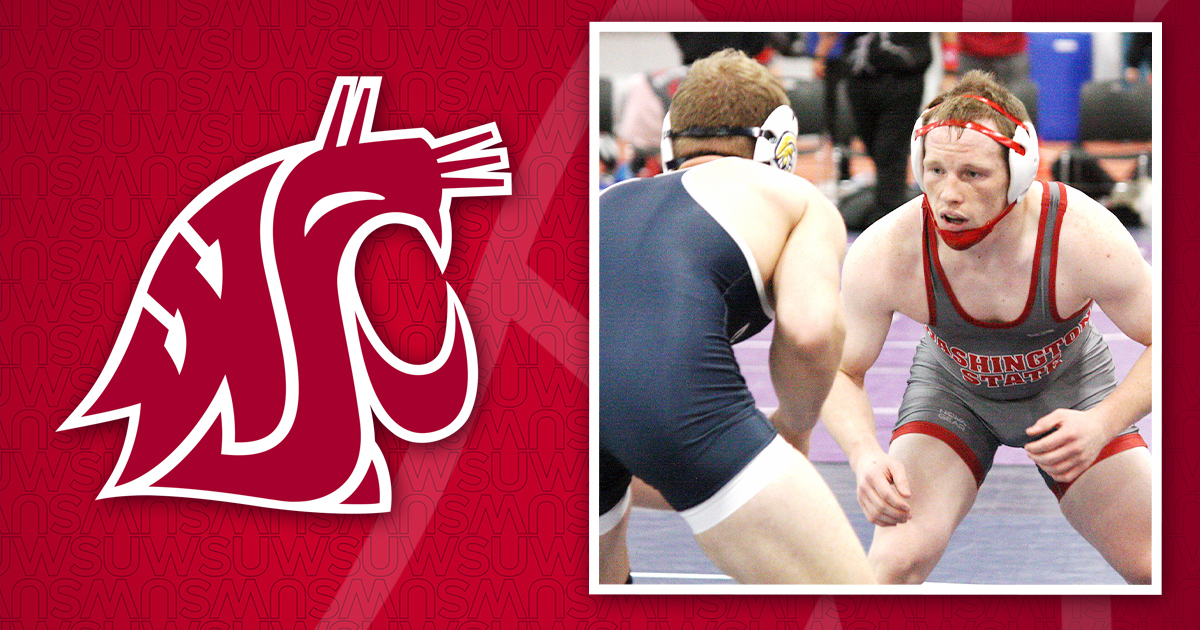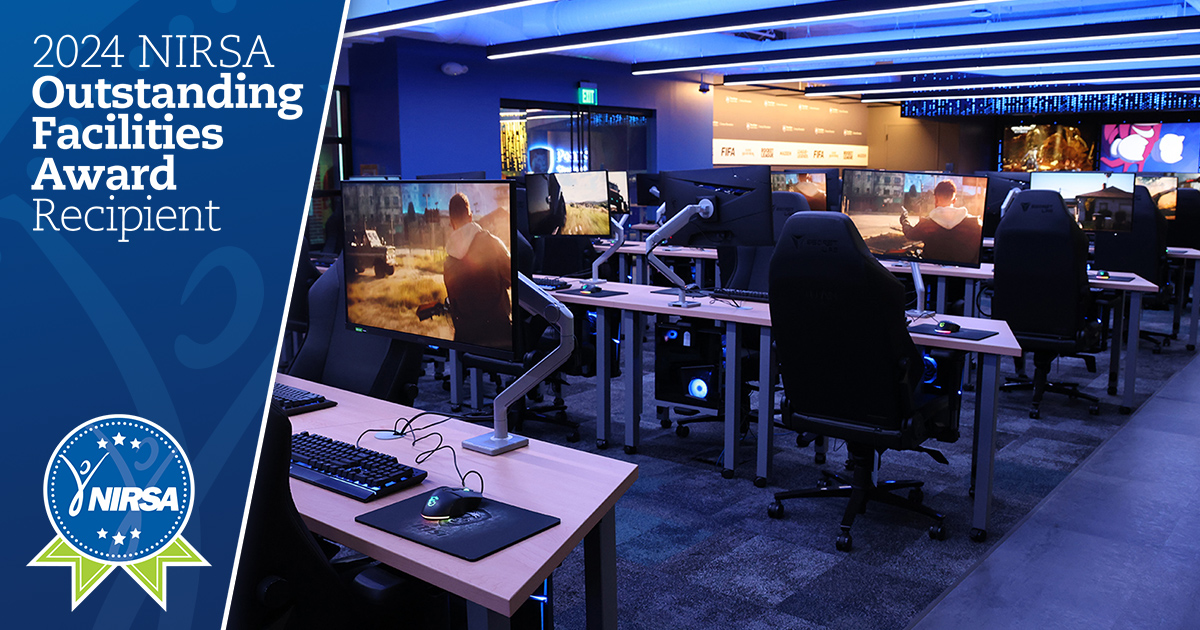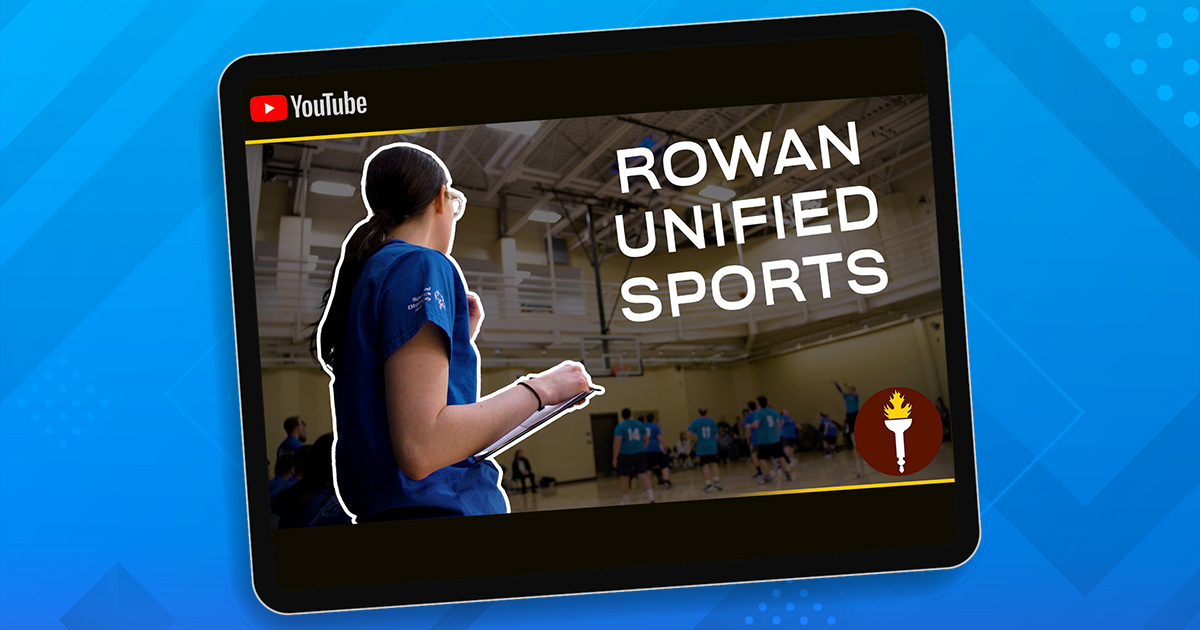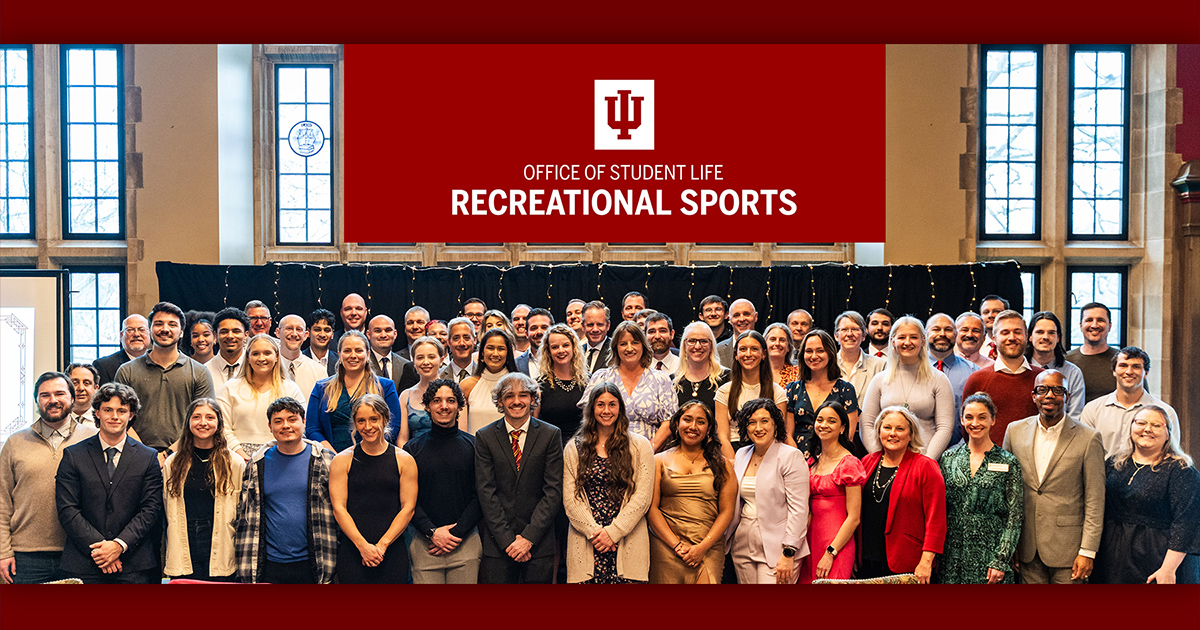When Washington State University senior James Cox became president of the WSU wrestling team three years ago, he and coach Phil Burnett had a vision of building the team into one of the best club teams in the nation.
It was a tall order, considering the world was in the midst of the COVID-19 pandemic and WSU’s wrestling team, like others across the country, could not practice or compete. The pandemic was hard on Cox, who enjoys the camaraderie and competition the sport offers, but it motivated him to think about what the wrestling program at WSU could look like once restrictions loosened.
He envisioned a robust team that could compete in regional and national competitions, hire a paid coach, and be led by a dedicated group of students—all of which are requirements to become a varsity sport club at WSU.
Leveling up
It took several years of hard work, but the wrestling team achieved Cox’s vision and earned varsity sport club status in 2023. The club has quickly grown into one of the largest wrestling clubs in the nation, with men’s and women’s teams that, combined, train 65 student-athletes a year.
“We made history with this achievement, and some people didn’t think it would ever happen,” Burnett said. “Other universities are impressed with what we have done and are using our club as a model.”
Burnett is happy to share the steps his team took to transform itself into a varsity club because he and Cox didn’t have a blueprint to follow when they started their journey. Only one other sport club at WSU – Cougar Crew – had earned varsity status, and the process it followed over a decade ago did not feel relevant.
Realizing his team would have to follow their own path to varsity status, Cox and the other club leaders mapped out a plan. Their top priority was to boost awareness of the team at WSU and beyond to help increase recruitment and fundraising.
The plan included strengthening the team’s social media presence, and they increased their followers on Instagram and Facebook from 200 to over 2,000 people over the course of just three years. They also set up recruitment tables at high school wrestling events throughout Washington and at the tournaments they host and sold team merchandise. They even installed signs on the roads leading into Pullman, WA—where WSU is located—to welcome people on behalf of the wrestling club and encourage them to support the team.
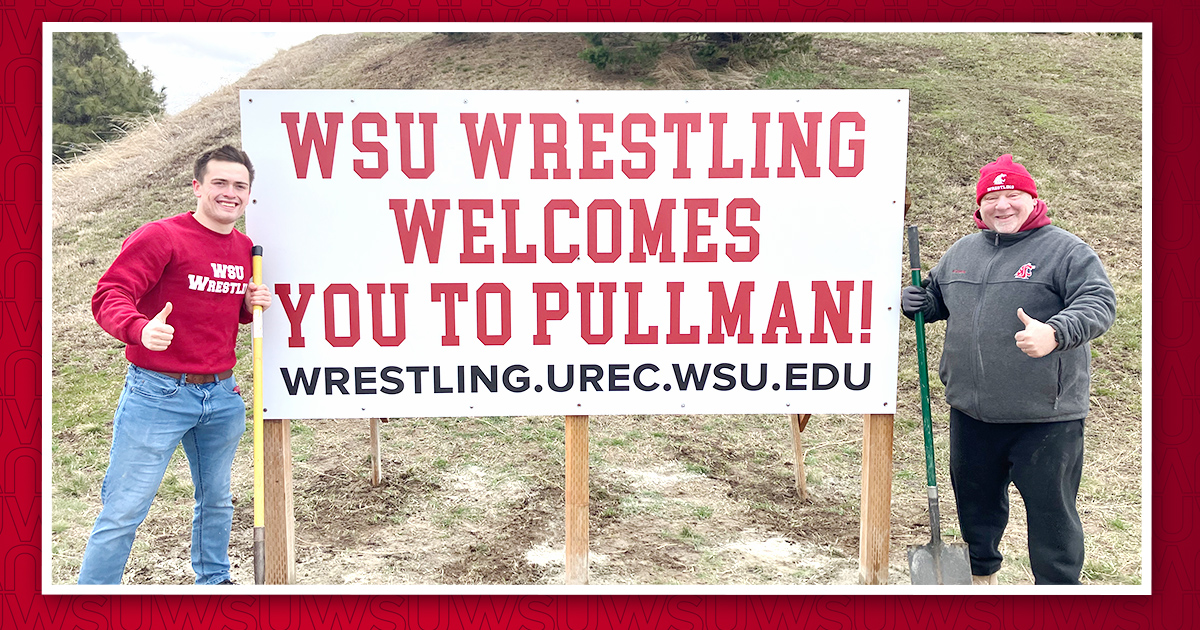
In addition to creating team awareness, Cox surrounded himself with a strong cohort of student officers to help build and manage the club’s finances, the men’s and women’s teams, competition schedule, marketing initiatives, and team safety.
Joanne Greene, Director of University Recreation (UREC) at WSU, said this type of club building—part of what is typically a years-long effort of making the jump to varsity—is often challenging for students because they can struggle to keep focused and energized throughout the long process.
“This group of students really stepped up,” Greene said. “It was cool to see them become leaders and put in the time and effort to create this experience for our students.”
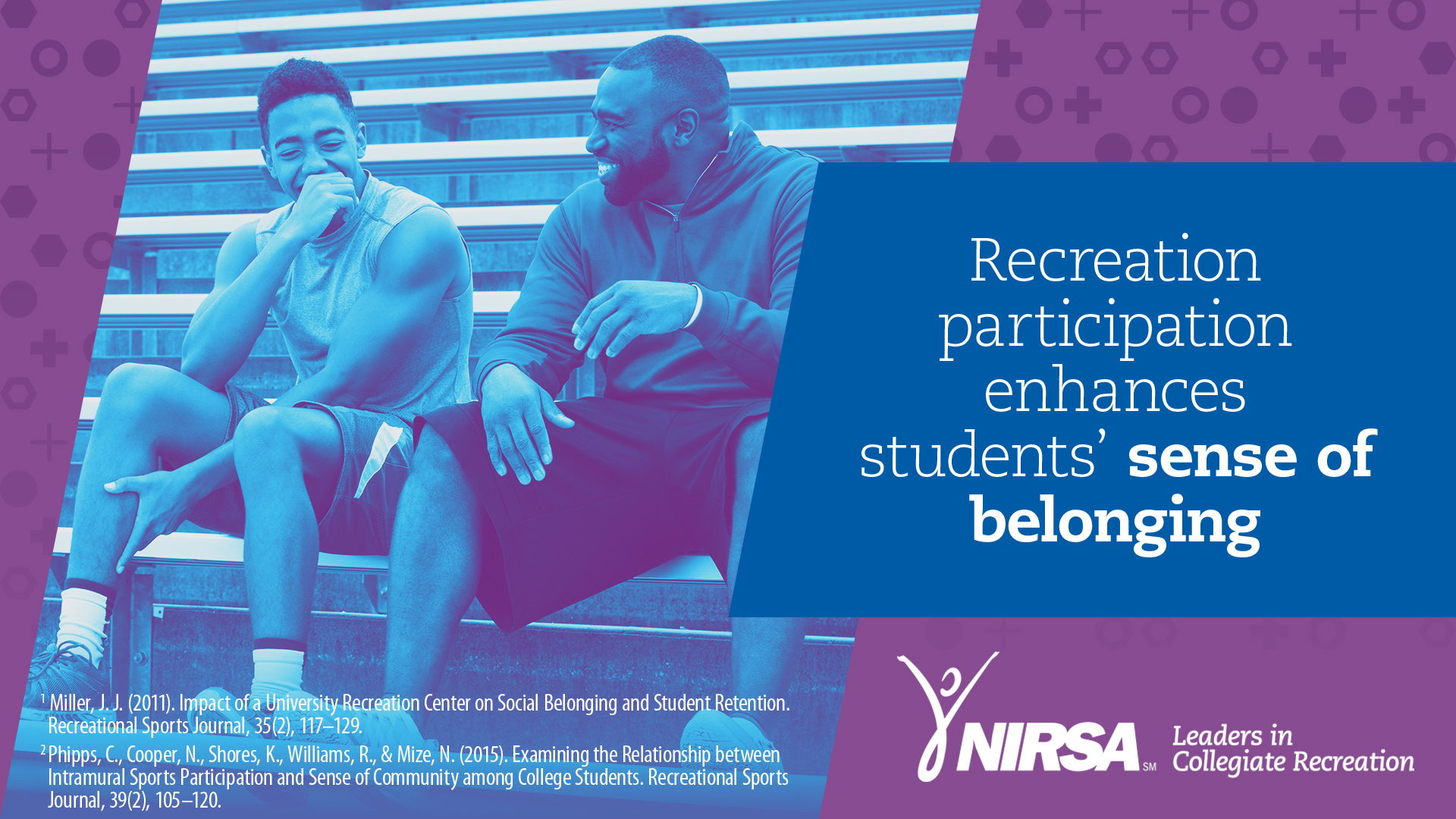
That “experience” means keeping wrestling accessible to participants of all skill levels. Although WSU’s varsity club competes nationally and boasts All-Americans, it adheres to UREC’s mission of keeping its sporting and fitness activities open to everyone. That kind of inclusivity also increases team visibility, helps with event planning, builds an alumni base, and boosts fundraising.
That inclusive spirt is just one of several things Greene and Burnett believe are important for sport clubs aspiring to achieve varsity status. Other pillars include:
- Actively engaging alumni. Former club members can help plan events, host the team during travel, provide mentorship and career guidance, and fundraise.
- Increasing the frequency and level of competition. Being able to travel and compete against good wrestlers helps the team build skills and increases the visibility and credibility of the program. The club is currently participating in 13 competitions each year.
- Striving for professionalism. Conduct regular and challenging practices and adhere to high ethical standards and positive sporting behavior at home and when competing away.
- Planning ahead. Identify strong student leaders who can establish measurable goals annually to keep the club progressing.
Burnett said all these factors aid in fundraising, which is perhaps the most critical activity for any varsity sport club. To pay for travel expenses, uniforms, equipment, tournament entry fees, and Burnett’s salary, the club needs to raise a minimum of $100,000 each year. The team raises the bulk of the money by organizing four youth wrestling camps and a golf tournament. Club dues and sponsorships also contribute to the team’s revenue.
Making connections and taking opportunities
Generating funding and support for the club is a lot of work, but members do not have to do it alone. Among the benefits of becoming a varsity sport club is having a close working relationship with UREC, which supports the team in several important ways: it provides enhanced marketing opportunities and resources to aid in fundraising and team promotion; offers administrative and funding support for team operations; and provides program advising and meeting space for team members and coaches.
As part of that administrative support, in 2023 Greene helped the team apply for a new grant offered by the Washington Student Achievement Council that helps colleges and universities establish and maintain wrestling programs. WSU was awarded a two-year, $90,000 grant that will be used to fund Burnett’s salary, team travel, and equipment.
“Receiving this grant is very significant for the team, as it decreases some pressure on fundraising and dues for members,” Greene said.
Varsity status keeps wrestlers closer to home
Strong support is key to building a team that wrestlers want to join. Nobody knows this better than WSU volunteer coach Andrea Yamamoto, who exceled at wrestling in high school and enrolled at WSU in the late 1980s.
“There was not much of a club team to speak of then, and even though I had fallen in love with WSU, I made the difficult decision to leave for Arizona, where I could train to make the USA national team,” Yamamoto said.
She went on to compete in the world championships in the early 1990s.
Yamamoto and Burnett said it is important for wrestlers coming out of high school to be able to continue wrestling at a competitive level in college, but there are only a few four-year universities in Washington that have wrestling programs. With such limited options, Burnett estimates about 100 high school graduates leave the state every year in search of a collegiate wrestling program that fits their needs.
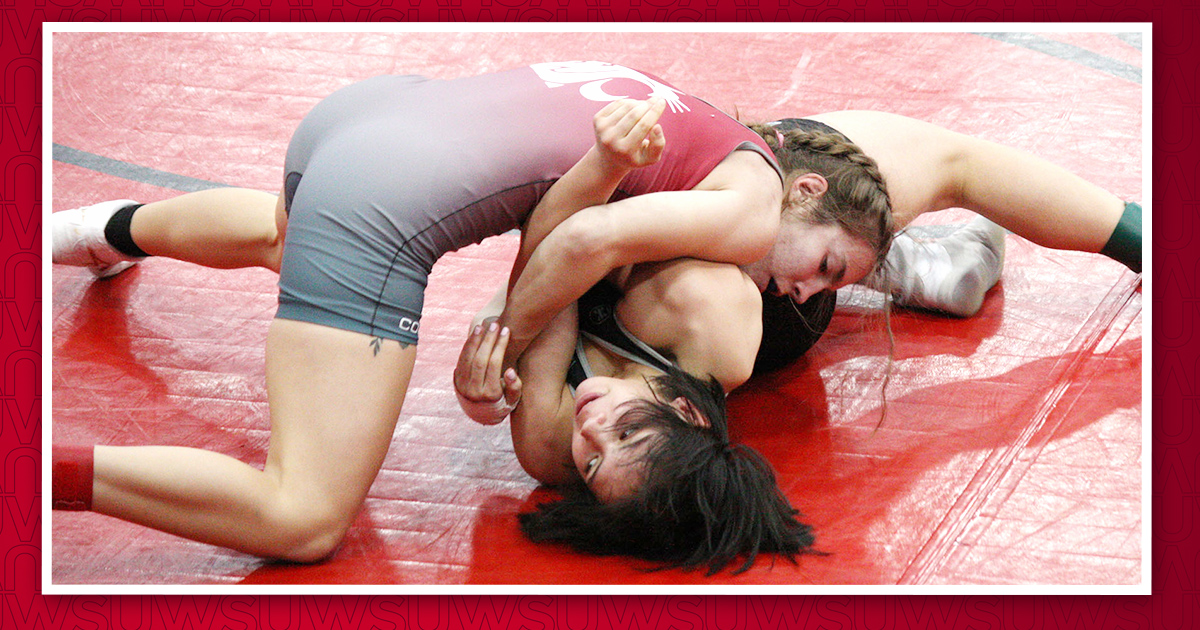
“My vision is to give these wrestlers an opportunity to come to WSU, where they can receive a quality four-year degree and compete in wrestling at a high level,” Burnett said. “Having a varsity sport club makes WSU an attractive option for them to stay closer to home.”
Cox said the team is already seeing results of their hard work.
“We have some very high-profile recruits that turned down full scholarships at other schools to come to WSU because they like what we have built here,” he said.
That building has resulted in great success on the mat—the men’s team won the National Collegiate Wresting Association (NCWA) Western Regional Duals championship in 2022-23—and in the classroom, as the women’s team was named NCWA Academic National Champions the same year.

For Yamamoto and Burnett, being a varsity club sport is about more than pushing team members to be the best wrestlers they can be—it is also about helping them become the best people they can be.
“My true mission is for students to leave our program as the most employable people out there—they are accountable, hard-working, and a person of their word,” Burnett said. “That’s my biggest passion.”
Steve Nakata is currently the Public Relations / Communications Coordinator for Washington State University’s Student Affairs; you can email him at nakata@wsu.edu.

